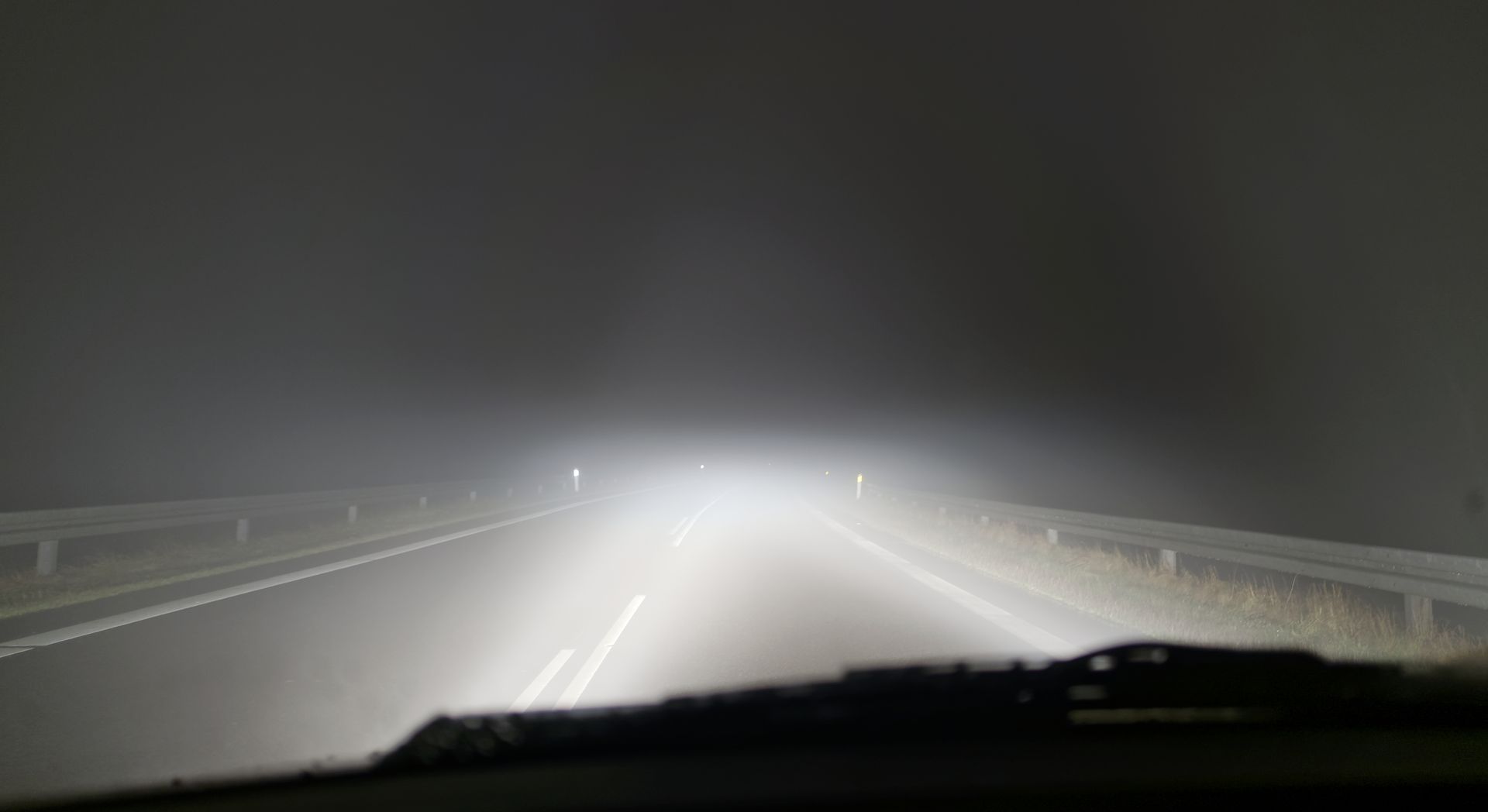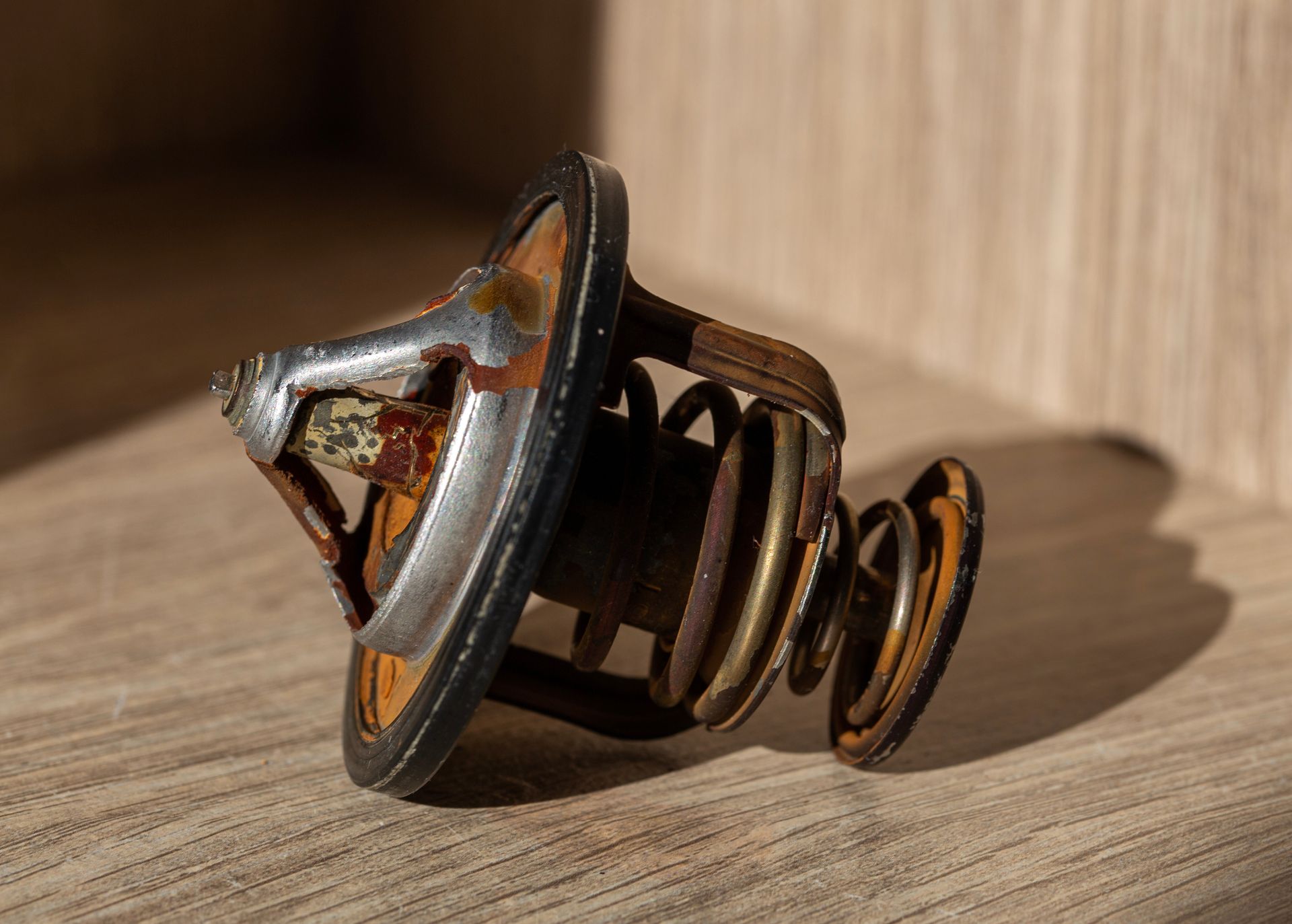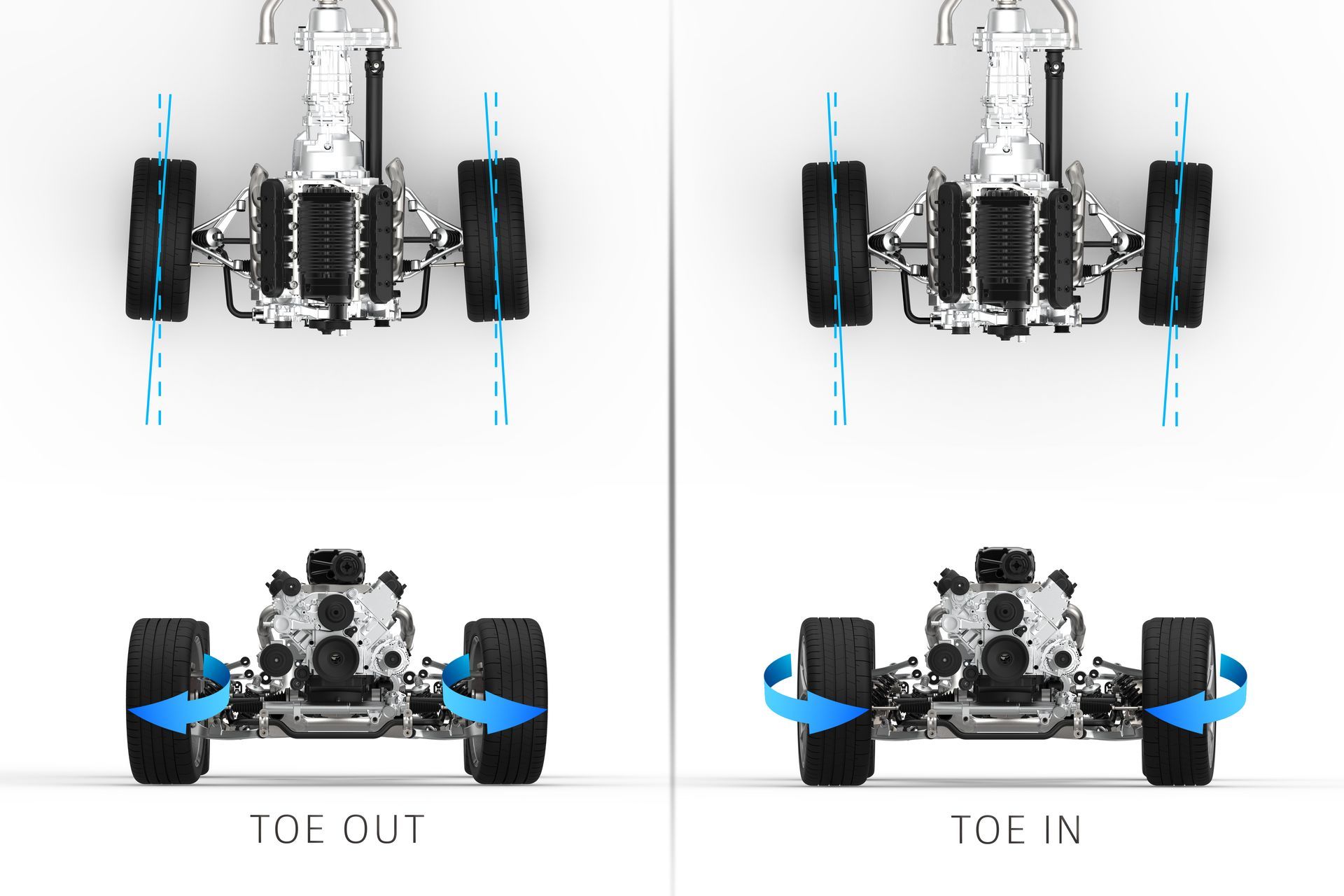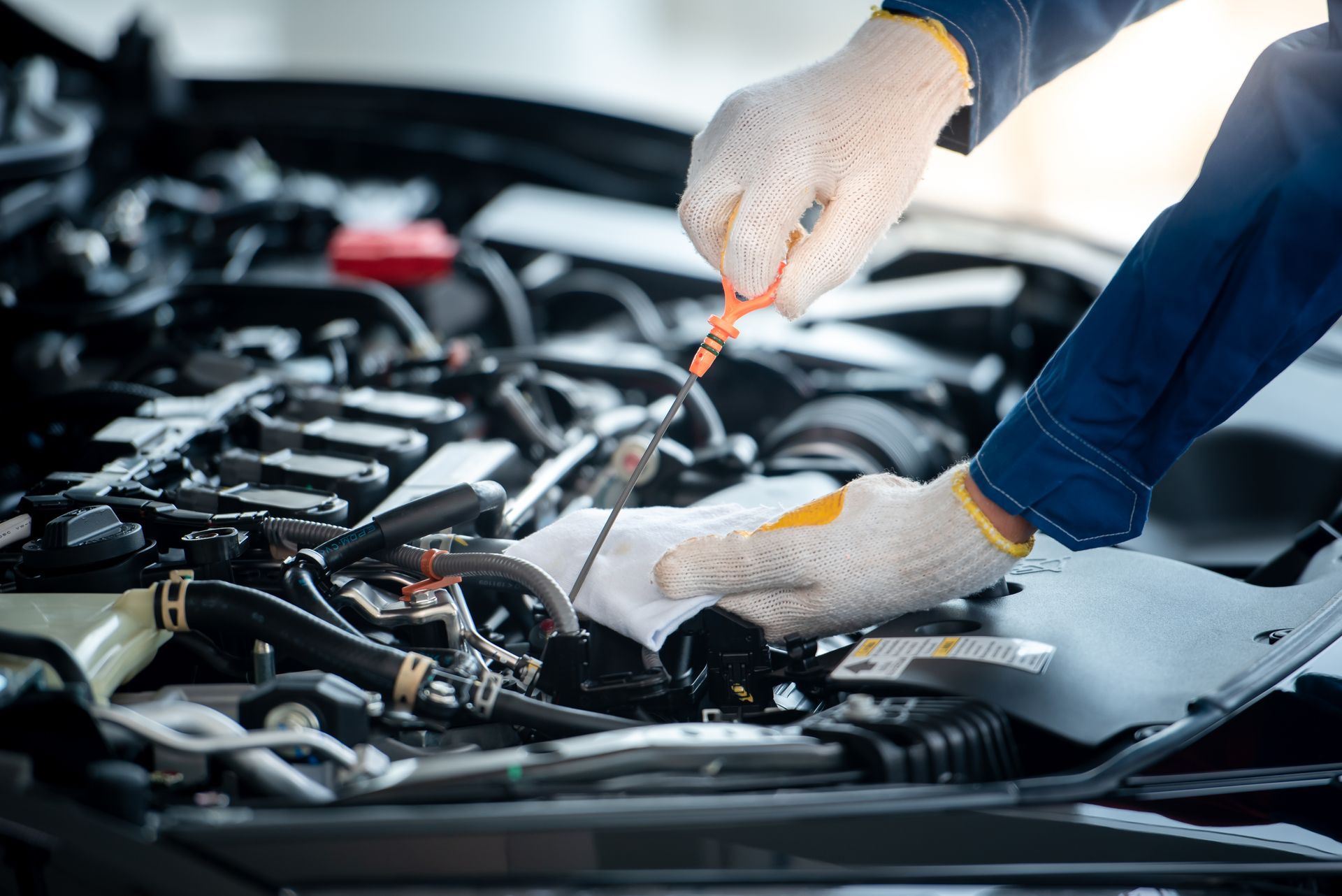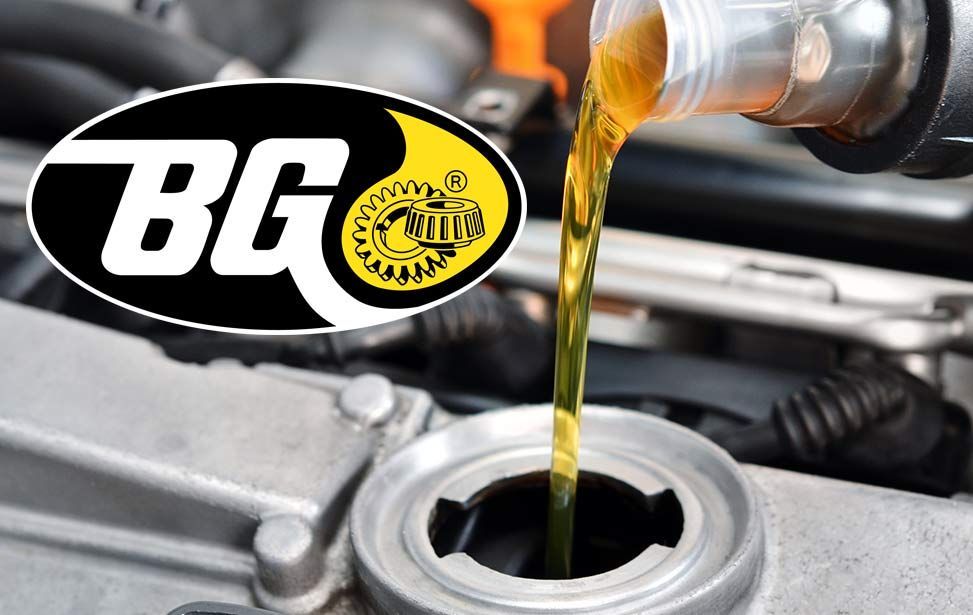If you live in the Pacific Northwest, you’re no stranger to rainy mornings, misty highways, and damp driveways. But what might catch you off guard is the high-pitched squealing sound your car makes when you start it up or begin driving on these wet mornings. While it can be annoying, that sound is often your vehicle’s way of telling you something needs attention. Knowing why it happens and how to address it can help you avoid bigger problems later.
Why Damp Weather Leads to Squealing
Moisture in the air, especially after overnight rain or fog, can create ideal conditions for belt and brake noise. In high-humidity environments, water collects on surfaces like pulleys, belts, and brake components. As these parts begin moving in the morning, that thin layer of moisture causes temporary slipping, which often results in a squealing sound.
For many drivers, the noise goes away after a few minutes of driving as the components warm up and dry out. But if the squealing persists, there’s usually an underlying issue that’s worth investigating.
Worn or Glazed Drive Belts
Your vehicle relies on one or more belts to power essential systems like the alternator, power steering pump, and air conditioning compressor. Over time, belts can dry out, crack, or become glazed — a condition where the surface hardens and loses grip.
When moisture builds up overnight, these worn belts are more likely to slip over pulleys, creating that distinctive squeal. Ignoring this problem can lead to more serious issues, especially if the belt eventually fails and leaves you without critical systems while driving.
Tensioner and Pulley Issues
Even if the belts themselves are in good shape, the components that keep them tight and aligned can also cause noise. Belt tensioners and pulleys wear down with age and use. If a tensioner spring weakens or a pulley bearing begins to fail, belts won’t maintain proper tension. In damp weather, loose belts slip more easily, making squealing noises far more noticeable.
We can quickly test belt tension and inspect pulleys for uneven wear or damage. Replacing a worn tensioner before it fails completely helps you avoid more costly repairs.
Moisture on Brake Components
If you notice squealing when you first back out of the driveway in the morning, your brakes could be the source of the noise. Overnight, moisture can collect on the brake rotors and pads, creating a thin film of rust. When you apply the brakes for the first time, the pads scrape off that layer, producing a high-pitched squeal.
This kind of noise is generally harmless and should disappear after a few stops. However, if the squealing continues throughout your drive, it could indicate worn pads, warped rotors, or caliper problems. Persistent brake noise should always be checked to avoid safety issues.
Electrical Systems and Moisture
In rare cases, damp weather can affect electrical components tied to your vehicle’s charging or starting systems. Moisture around alternator contacts or wiring can create brief slips or inconsistent charging, which sometimes produce squealing noises from the alternator pulley. If the sound is paired with flickering dashboard lights or battery warnings, it’s worth having the system inspected.
Preventing and Fixing Morning Squeals
While you can’t control Pacific Northwest weather, there are steps you can take to reduce unwanted squealing:
- Inspect your belts regularly for cracks, glazing, or wear.
- Have pulleys and tensioners checked to ensure proper belt alignment and tension.
- Replace worn belts promptly before they fail and cause bigger issues.
- Park under cover if possible to reduce moisture buildup on belts and brakes.
- Have your brakes inspected if squealing persists beyond the first few stops.
Addressing these issues early can keep your mornings quieter and prevent damage to key components.
Professional Help for Persistent Squealing at A Street Automotive
At A Street Automotive, our team understands the unique challenges that Pacific Northwest weather creates for your vehicle. Whether the noise is coming from worn belts, slipping pulleys, or brake components affected by moisture, we’ll find the cause and fix it quickly.
Don’t let a small squeal turn into a costly repair. Schedule a visit with
A Street Automotive today and enjoy a smoother, quieter drive — rain or shine.


